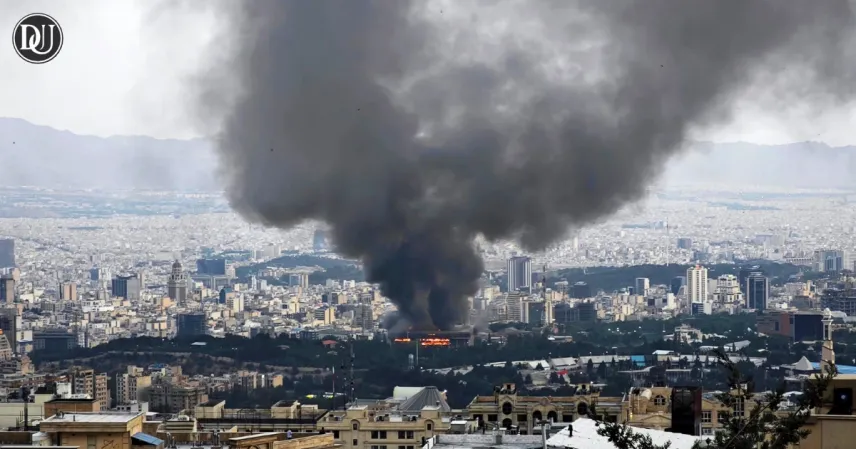A dangerous new chapter has unfolded in the Middle East as tensions between Israel and Iran have erupted into open confrontation. Overnight airstrikes, mutual accusations, and threats of escalation have put the region—and especially tehran iran—on high alert. This growing crisis has captured international attention, with world leaders urging caution and civilians fearing the worst.
Attacks and Counterattacks Across Borders
The situation intensified after Israel launched a series of airstrikes on strategic targets within Iranian territory. According to regional sources, several locations in tehran iran were hit, prompting swift retaliation from Iranian forces. Sirens wailed across the capital as explosions were reported near military compounds and communication hubs.
Iran quickly responded with missile attacks targeting Israeli bases. While both sides claim to be defending their sovereignty, the continued exchange has left the region dangerously unstable.
Tehran Iran in Crisis Mode
In tehran iran, panic spread as air raid sirens sounded and people scrambled for shelter. Local authorities have instructed residents to remain indoors, avoid travel, and stock emergency supplies. The city’s airspace has been restricted, and schools and public offices were shut down as a precaution.
Former U.S. President Donald Trump weighed in, issuing a strong message advising American citizens and allies to evacuate tehran iran immediately. His warning has raised speculation about whether further international involvement is looming.
Global Reactions and Diplomatic Pressure
The international community has reacted swiftly. The United Nations has called for an emergency session, and global powers like the U.S., Russia, and China are urging restraint. Many fear that the confrontation between Israel and Iran could pull other countries into the conflict or destabilize neighboring regions.
European diplomats are particularly alarmed about the humanitarian crisis building in tehran iran, with food supplies disrupted and hospitals preparing for a potential influx of casualties.
Trump’s Comments Spark Controversy
Trump’s direct statement ordering American citizens to leave tehran iran has drawn attention and criticism. Some believe his approach could escalate panic and worsen diplomatic efforts, while others support the cautionary stance given the rising risks.
His call for immediate evacuation signals how seriously global powers view the situation. It’s also a reminder of how quickly local conflicts can spill into international crises.
Looking Ahead: What Comes Next?
Analysts believe the next 48 hours will be critical. If diplomatic backchannels succeed in calming tensions, a broader war might be averted. However, if the cycle of retaliation continues, the consequences could be severe—not only for Iran and Israel but for the entire region.
The world is watching closely, and in the heart of tehran iran, residents are hoping for peace amid the fear of what tomorrow may bring.










